In Australia there are more than 300 species of mosquitoes – some that bite and are just a general nuisance, and some that carry diseases. Interestingly, it is only the female that leaves an itchy, irritating bites and they need our blood to reproduce.
Mosquito season
The main mosquito season is during Summer, the warmer months, with invasion more likely after heavy rain. However, in tropical areas mosquitoes can be an issue all year round.
The flood and pooling waters have also provided ideal conditions for mosquito breeding. This can cause an increase of a mosquito outbreak and mosquito-borne diseases including, dengue fever, yellow fever and the current Japanese encephalitis virus (JE) which is spread by infected mosquitos, posing a serious health risk.
What is Japanese encephalitis and why is it spreading in Australia?
Culex tritaeniorhynchus is an important vector of Japanese encephalitis virus (JEV) affecting feral pigs, native mammals and humans. This species is widely distributed throughout Southeast Asia, Africa and Europe, and has crept into Australia.
The federal health department recently declared Japanese encephalitis a communicable disease incident of national significance. The disease is spread through mosquito bites, where mosquitos carry it from either pigs or water birds (such as herons and egrets), but it doesn’t transmit from animal to animal (which means we don't need to stop eating pig products), animal to human (other than mosquitoes), or human to human.
The agriculture minister, David Littleproud, suggests there is no doubt climate change and extreme weather was playing a role in its spread. The fact that it has effectively spread right across the eastern seaboard into South Australia says that this is a real threat that we need to take seriously.
It was detected in Australia using molecular diagnostics and morphology in 2020 the Medical Entomology unit of the Northern Territory (NT) Top End Health Service.
Mosquito life cycle
Source: www.cdc.gov
Understanding why you have mosquitoes at your place:
- The lifecycle is typically two weeks.
- After mating, the adult needs a blood meal before she can lay eggs.
- The breeding site is nearby as they are not distance flyers.
- They lay their eggs on the inner, wet walls of containers with water, above the waterline.
- These pests generally lay 100 eggs at a time which stick like glue and survive up to eight months.
- They are most active between dusk through to dawn.
5 tips to controlling mosquitoes (to avoid being bitten):
1. Remove breeding sites (if possible) – particularly stagnant water.
If you can eliminate or remove mosquito breeding sites far away from your home this will have a huge impact on mosquito numbers.
- Remove water out of plant pots on a weekly basis.
- Unblock drains or gutters on your property.
- On level ground where puddles of water form.
- If you keep fish in any water features, they will eat the mosquito larvae.
- Mow grass and tall weeds.
- Cut back shrubs and vines.
- Make sure chemicals are at the required level in the swimming pool.
Any object that can hold water, should be emptied, or removed if possible. As the ultimate breeding ground is any standing water. Below are some examples:
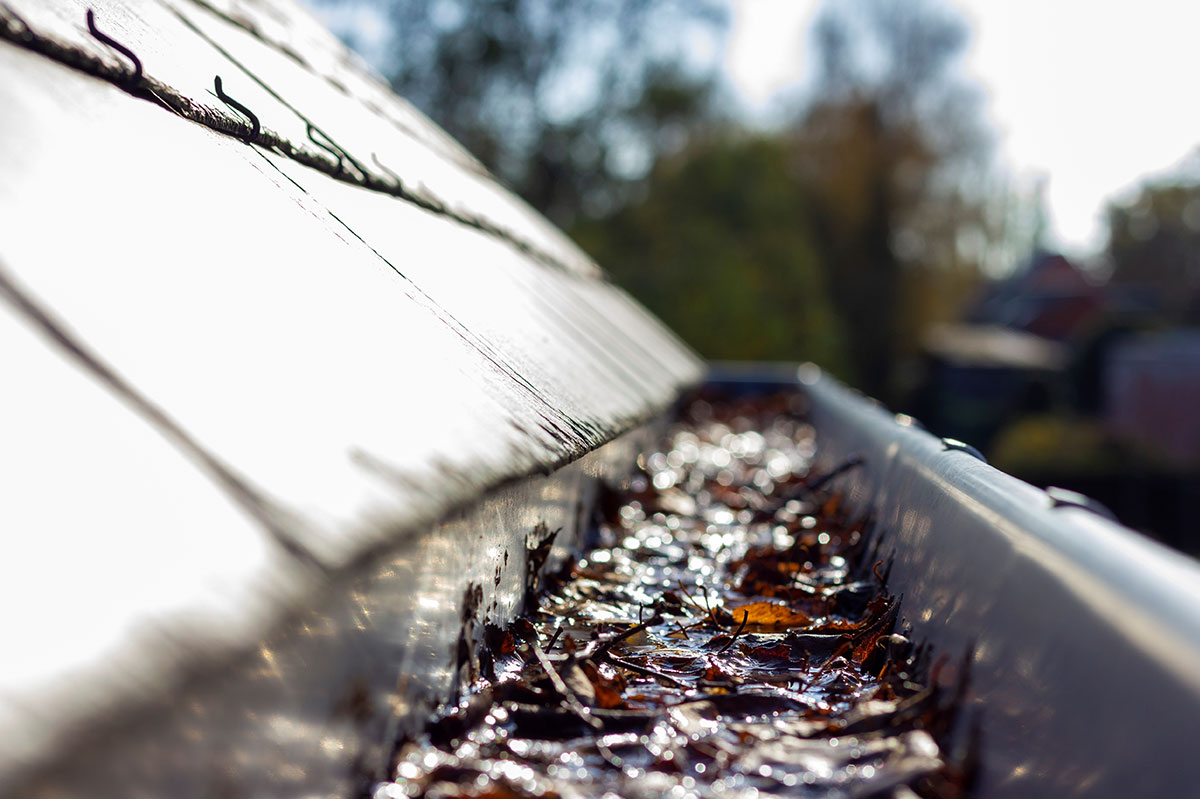
Mosquitos in poorly draining gutters
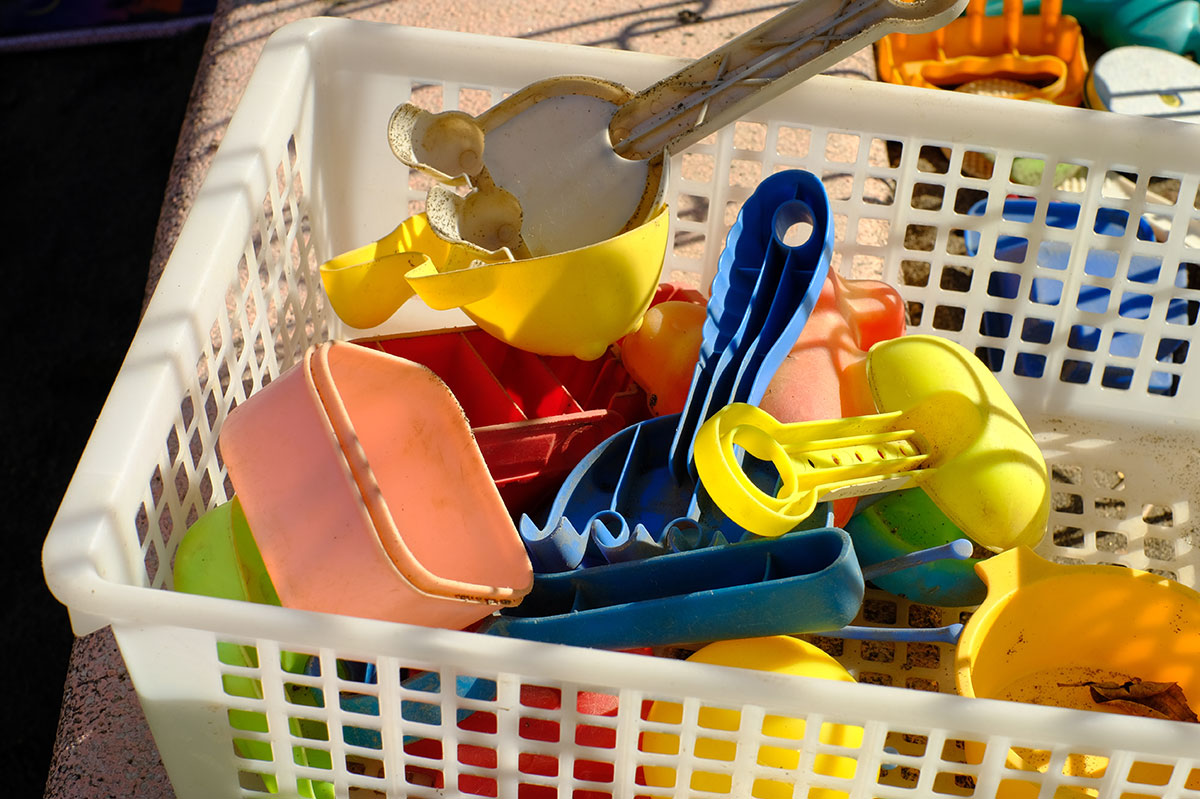
Mosquitos in toy
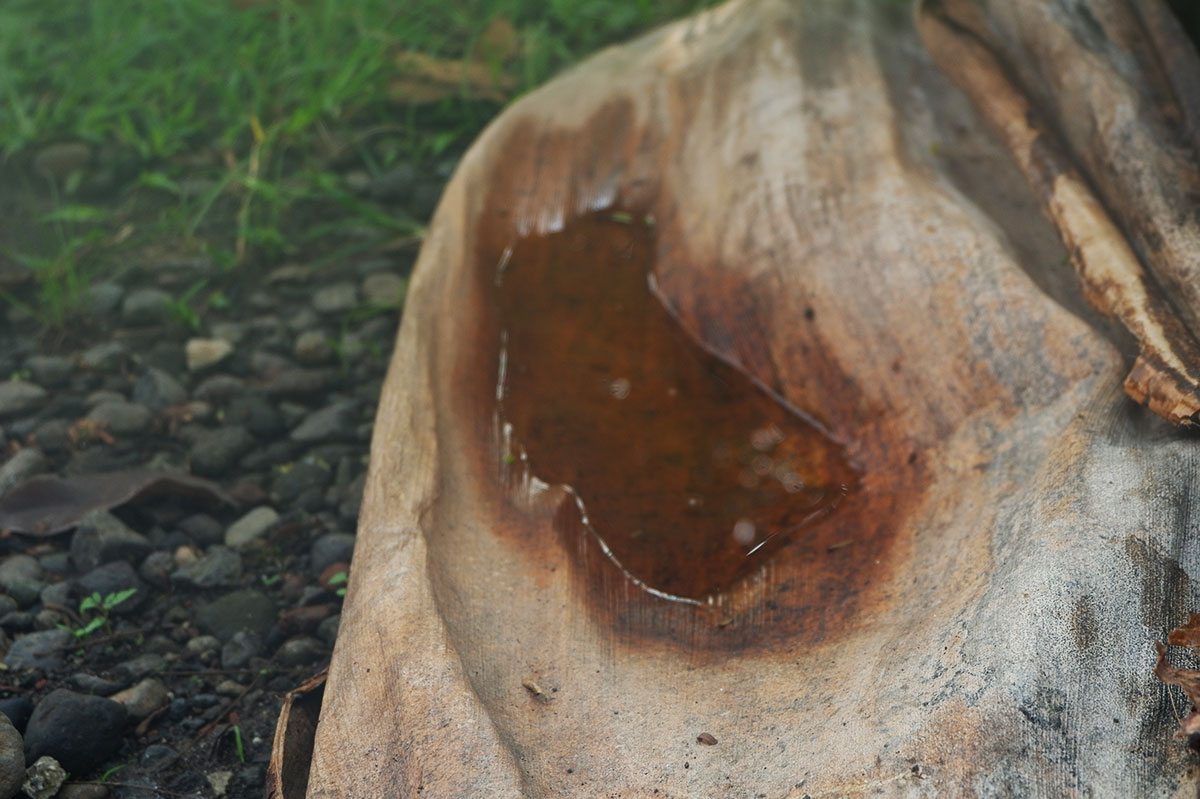
Mosquitos in palm frond
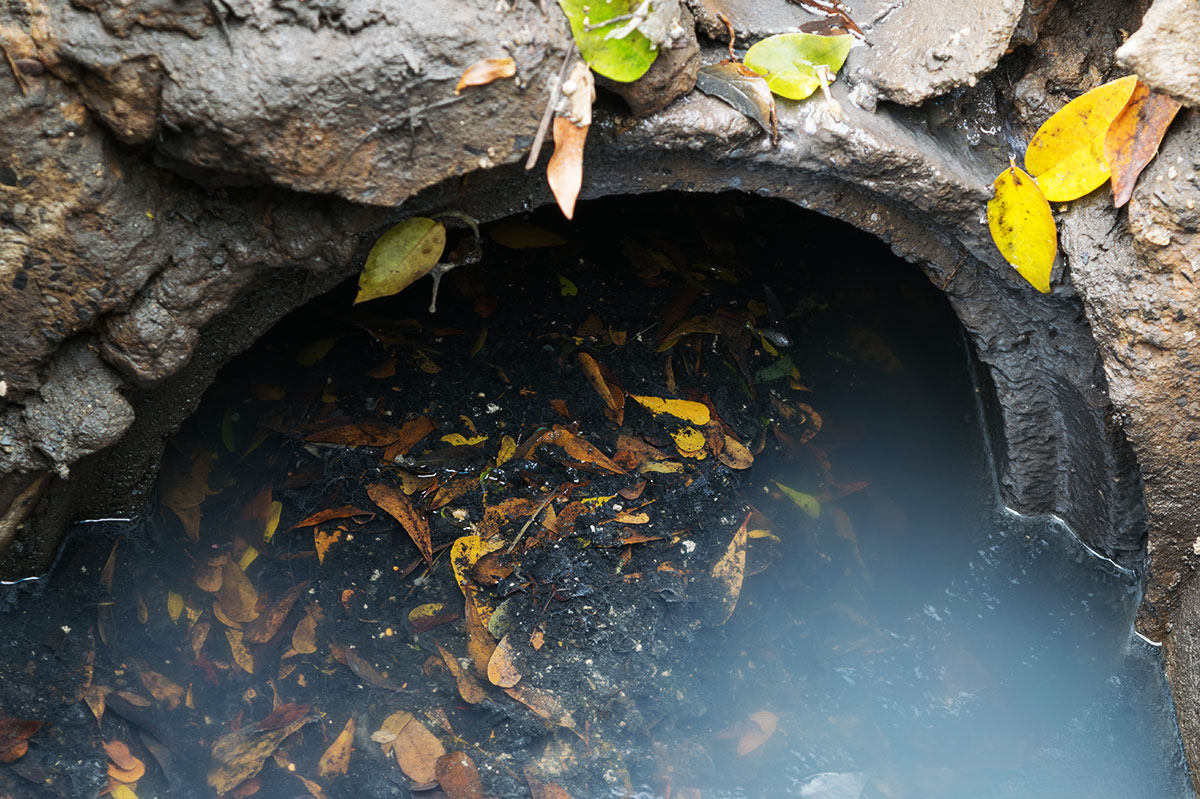
Mosquitos in blocked drains with leaves
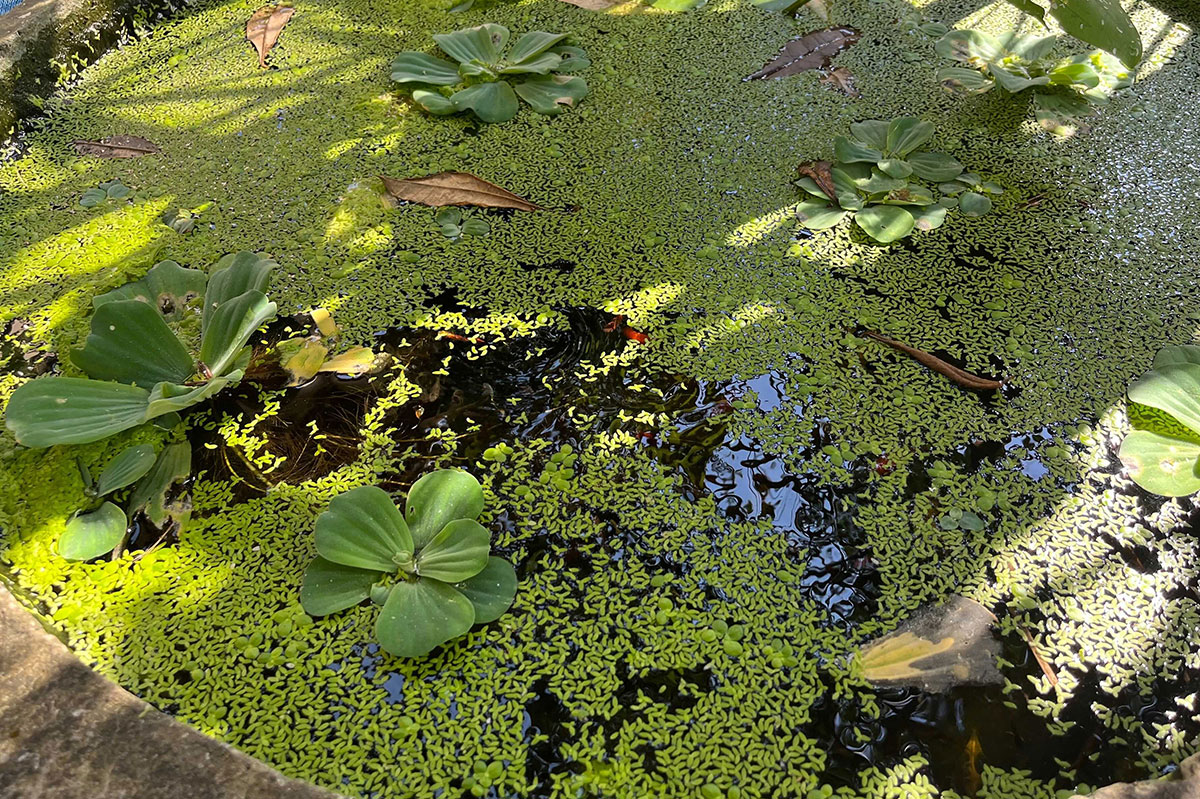
Mosquitos in pools and ponds
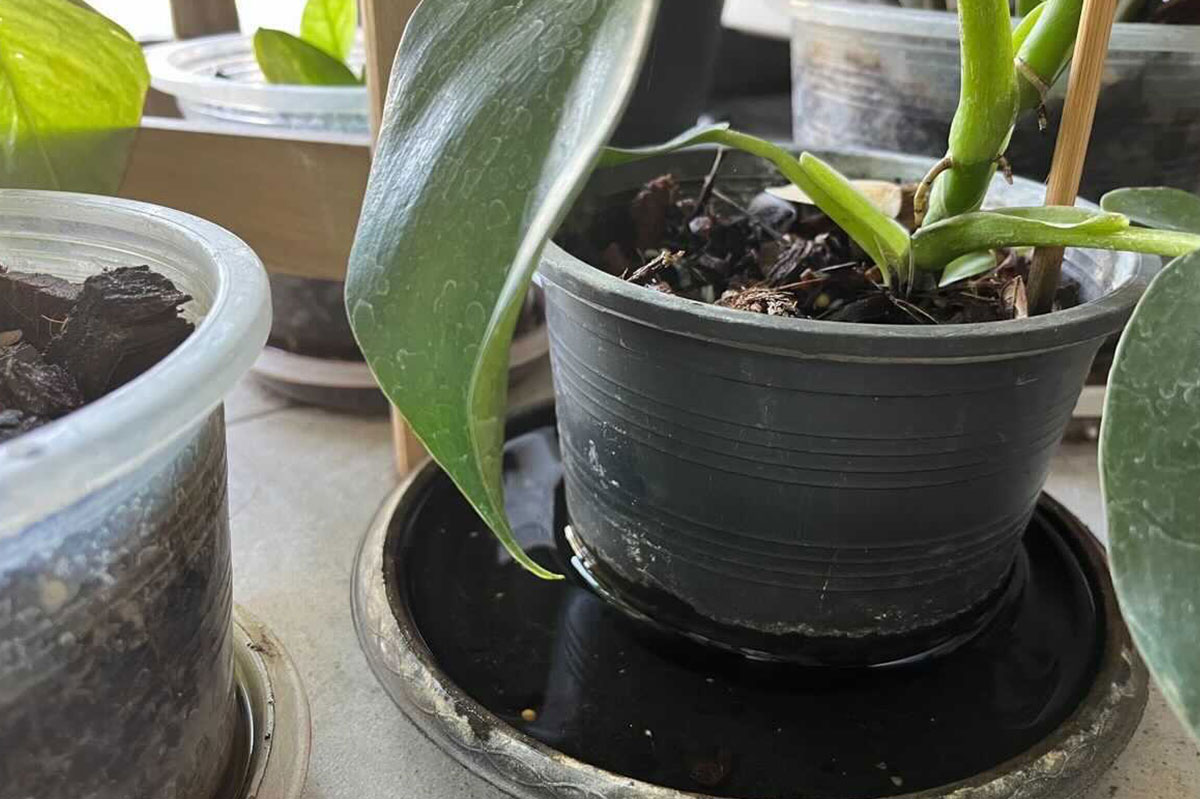
Mosquitos in flower pots
2. Install fly screens on windows and doors around your home.
Make sure your screens on doors and windows are in good condition, and that there are no gaps where mosquitoes can enter your home.
3. Use insect repellent spray and fans.
Mosquito repellent is an essential product in every Australian household. They are usually in the form of aerosols, gels or lotion and are applied directly to the skin. These products are not only repelling mosquitoes they protect you from other biting insects.
By using a fan to move air, you can make it harder for mosquitoes to sense you. Females are attracted to you by sensing carbon dioxide and temperature, so the fan disrupts their flight and the carbon dioxide you’re exhaling. Mosquito traps use these behaviours to attract and capture mosquitoes.
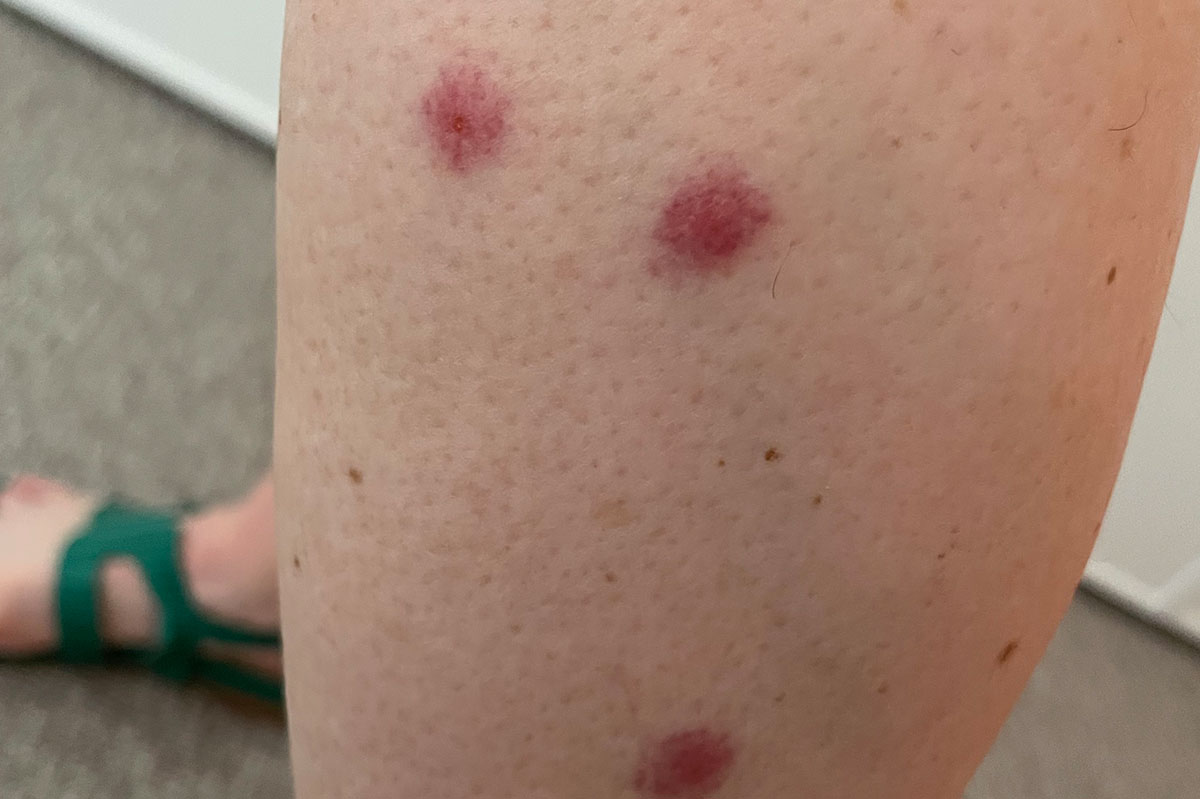
Bitten by mosquitoes
4. Use insect repellent around the home.
Spray surfaces during the day where mosquitoes rest. Fly screens are used to keep flying insects out of homes and should be installed correctly. However, there is every chance they will enter come in when the door is opened, or perhaps you don't want fly screens.
A good option is a water-based formulation, with a low odour. Be sure to use products according to directions on the label.
Areas to spray indoors include:
- Under furniture such as, sofa, chairs, beds, cupboards and drawers.
- Behind curtains, artwork, photos and mirrors that are hanging on the wall.
- Around lamp shades.
If fly screens are installed correctly there shouldn’t too many coming inside. However, mosquitoes may come in when opening the door. Or you may not want fly screens. A good option is a water-based formulation with a low odour.
Areas to spray outdoors include:
- Under the BBQ and around outdoor furniture.
- External walls, eaves, door, and window surrounds.
- Under decking and any sub-floors areas.
- Fly screens.
5. Use Citronella.
Citronella is a combination of oils from different types of grasses. It can repel insects from the strong scent. Citronella is a natural formulation that repels mosquitos, but unlike insecticides, it does not kill them. The strong scent of the citronella masks the location of foods, carbon dioxide and temperature that mosquitoes and other pests might seek.
Citronella comes in many forms, typically including:
- Candles
- Sprays
- Pellets, and
- Lotions.
Citronella scented plants don’t have the same oils that repel mosquitoes. While they may be nice smelling, they’re not effective in doing what they were probably purchased to do.
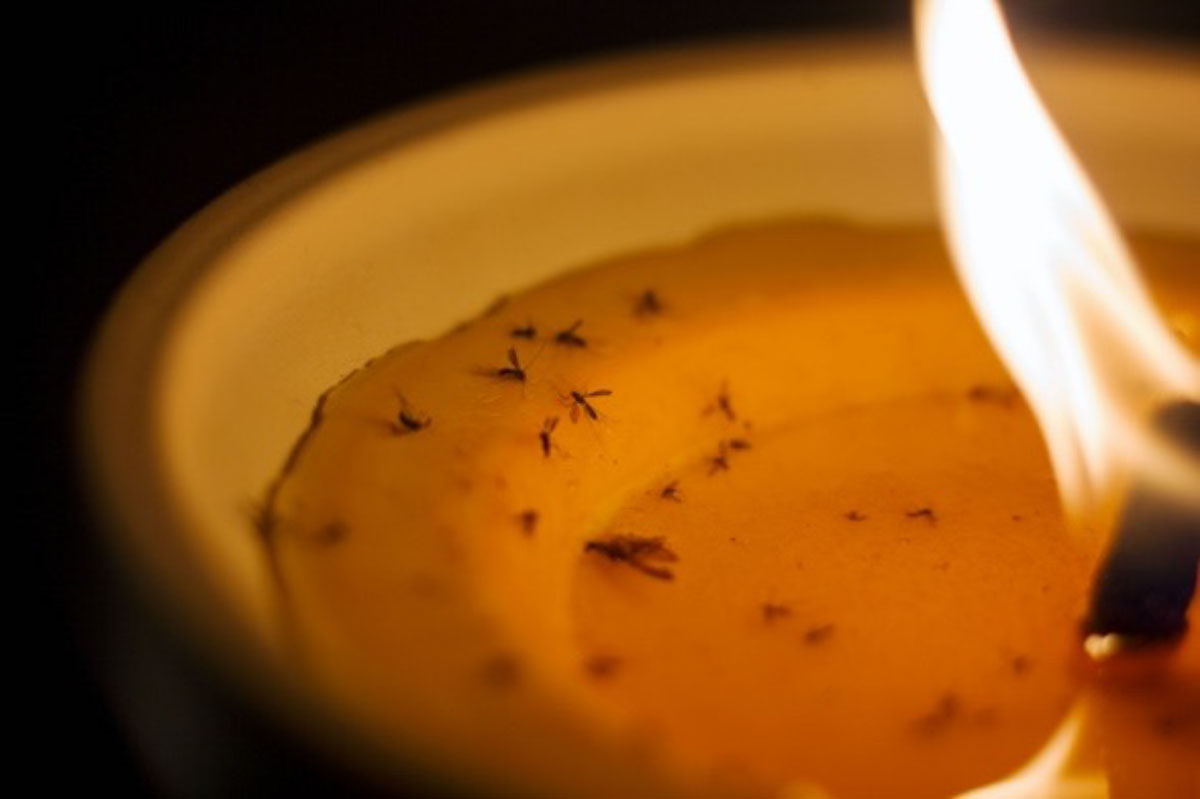
Citronella candle